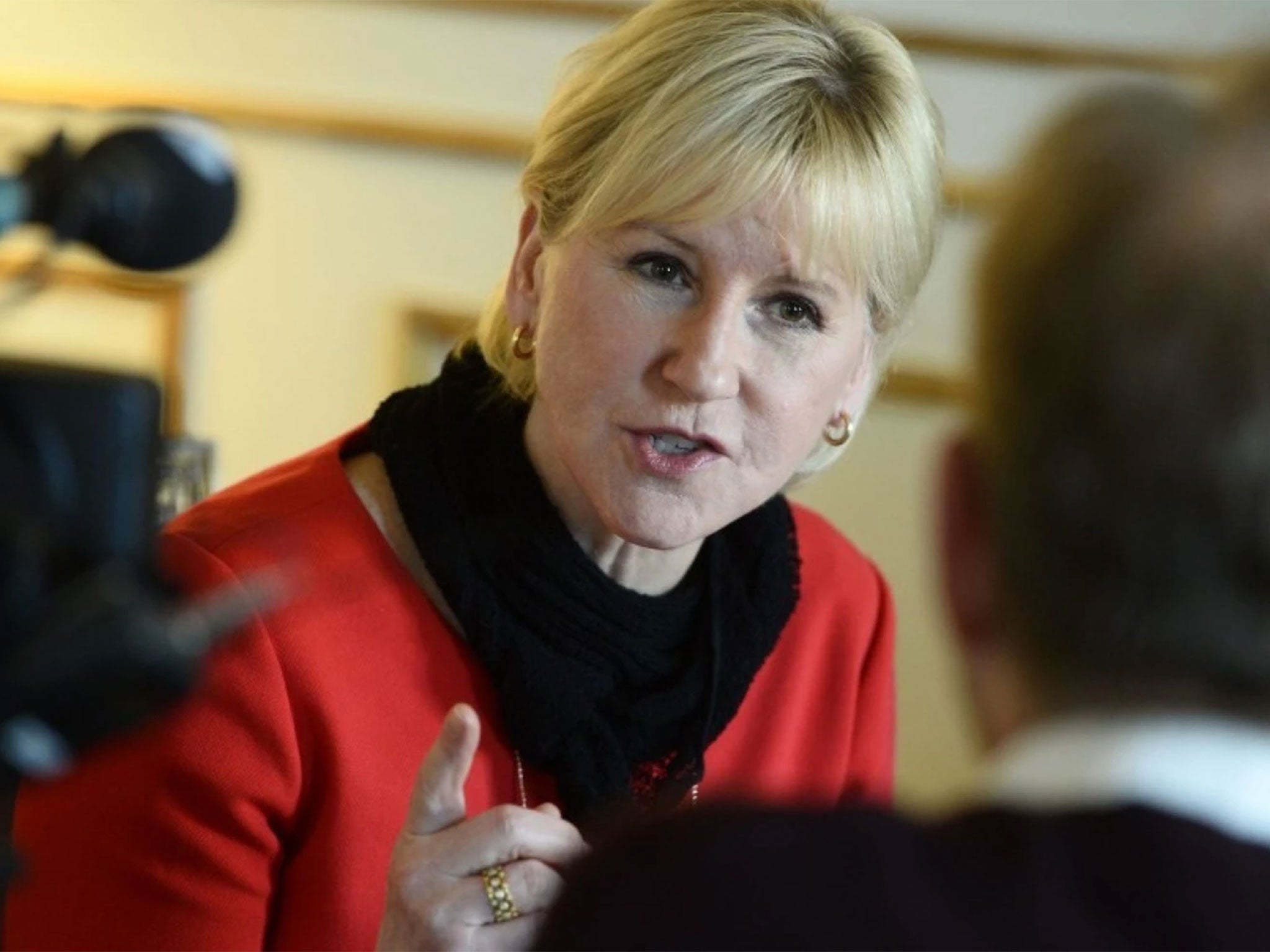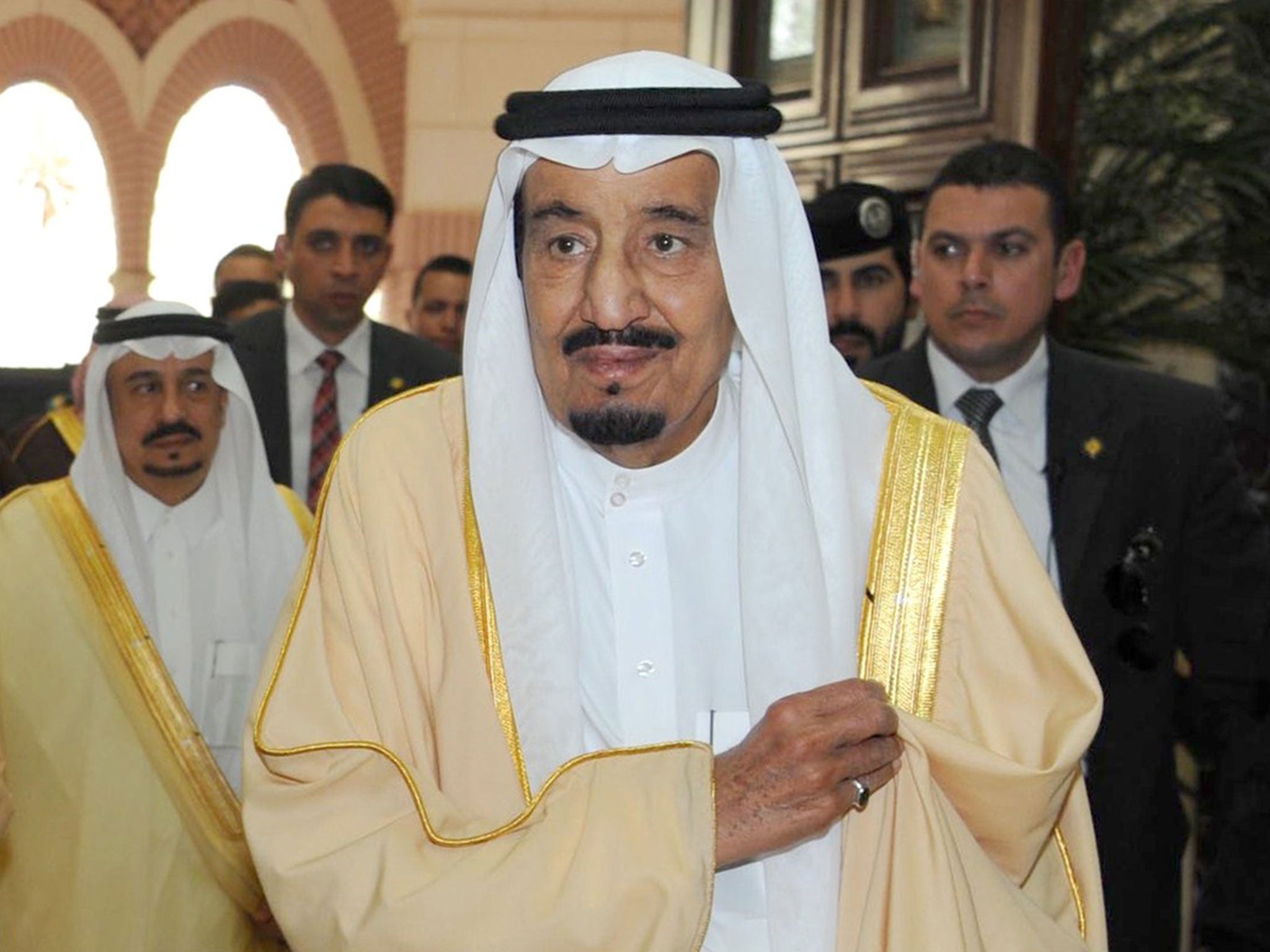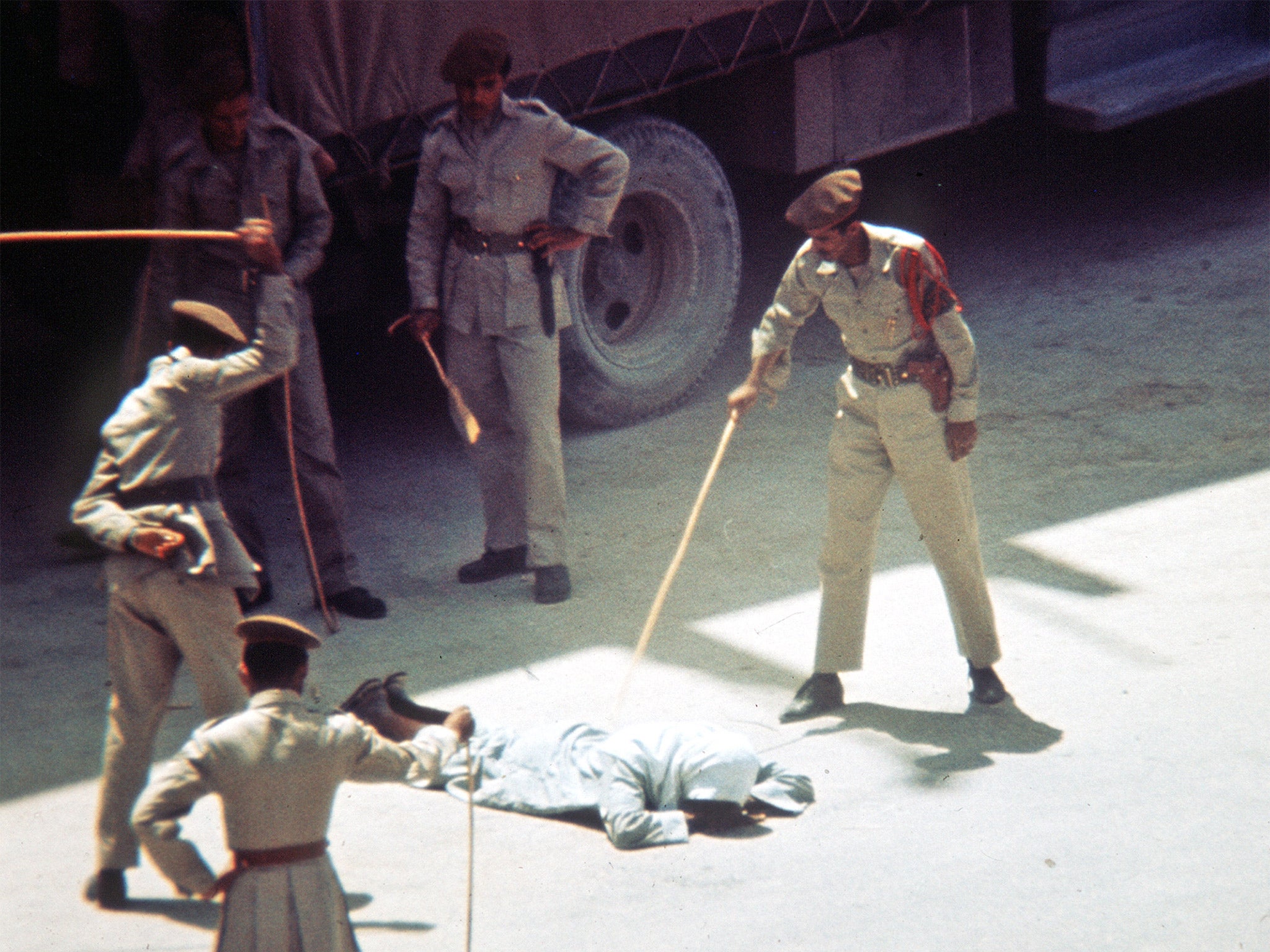From scrapped arms deals to pleas for democracy: why Sweden is the only Western country standing up to Saudi Arabia
Sweden's foreign minister Margot Wallstrom has emerged as an outspoken figure, not averse to taking moral stands

Your support helps us to tell the story
From reproductive rights to climate change to Big Tech, The Independent is on the ground when the story is developing. Whether it's investigating the financials of Elon Musk's pro-Trump PAC or producing our latest documentary, 'The A Word', which shines a light on the American women fighting for reproductive rights, we know how important it is to parse out the facts from the messaging.
At such a critical moment in US history, we need reporters on the ground. Your donation allows us to keep sending journalists to speak to both sides of the story.
The Independent is trusted by Americans across the entire political spectrum. And unlike many other quality news outlets, we choose not to lock Americans out of our reporting and analysis with paywalls. We believe quality journalism should be available to everyone, paid for by those who can afford it.
Your support makes all the difference.The Swedish government this week decided to scrap an arms deal with Saudi Arabia, effectively bringing to an end a decade-old defence agreement with the kingdom. The move followed complaints made by the Swedish Foreign Minister Margot Wallstrom that she was blocked by the Saudis from speaking about democracy and women's rights at a gathering of the Arab League in Cairo.
Tensions between Stockholm and Riyadh have grown so acute that Saudi Arabia recalled its ambassador to Sweden on Wednesday. The Swedish foreign ministry had published Wallstrom's planned remarks in Cairo, which made no specific reference to Saudi Arabia but did urge reform on issues of women's rights. Nevertheless, the Saudi foreign ministry deemed the statement "offensive" and "blatant interference in its internal affairs," according to the BBC.
Saudi Arabia bought some $39 million in Swedish military equipment last year alone. The kingdom recently became the world's biggest arms importer; it's Sweden's third-largest non-Western customer for weapons.
That Sweden's centre-left government has chosen to risk that sort of investment — and the ire of prominent business leaders at home — marks an important moment. For decades, Saudi Arabia's vast energy reserves and strategic position in the Middle East have led Western countries to politely skirt around the issue of the kingdom's draconian religious laws and woeful human rights record.
"This shows a break in the 50-year view in the West of 'We can’t touch Saudi Arabia,'" said Ali al-Ahmed, director of the Washington-based Institute of Gulf Affairs, which is often critical of internal Saudi policies.

The double-standard in Western attitudes toward Saudi Arabia has looked particularly glaring in the past year. After the Islamic State began decapitating American hostages in its custody, Saudi Arabia — a key ally in the US-led coalition against the jihadists — carried out beheadings of inmates on death row.
American politicians routinely hurl invective against Iran, accusing the Islamic Republic of fomenting terrorism abroad and maintaining a tyranny at home. But Saudi Arabia has an even less democratic system than that in Tehran, and as the chief incubator of orthodox Salafism, has played its own unique role in the rise of fundamentalist terror groups around the Middle East and South Asia.
Sweden's Wallstrom, meanwhile, has emerged as an outspoken figure, not averse to taking moral stands. The Saudis apparently were concerned about her remarks because last year, Sweden became one the most high-profile European countries to officially recognize Palestine as an independent state. Wallstrom said at the time that the move was intended to "support those who believe in negotiations and not violence," but it was widely interpreted as a rebuke to the right-wing government of Israeli Prime Minister Benjamin Netanyahu.

It also showed up a host of Arab states, some of whom have long postured as champions of the Palestinian cause but have done little to improve their plight.
"Saudi Arabia and other countries start losing their edge as the main political voices on behalf of the Palestinians," said al-Ahmed. "A country like Sweden can now come in and say, 'Hey, Riyadh, what have you done for the Palestinians lately?' "
Sweden's decision came after months of "nail-biting," reports Bloomberg's Leonid Bershidsky. But it's likely just the start of a larger European conversation regarding the ethics of dealing with Saudi Arabia.
(C) Washington Post
Join our commenting forum
Join thought-provoking conversations, follow other Independent readers and see their replies
Comments